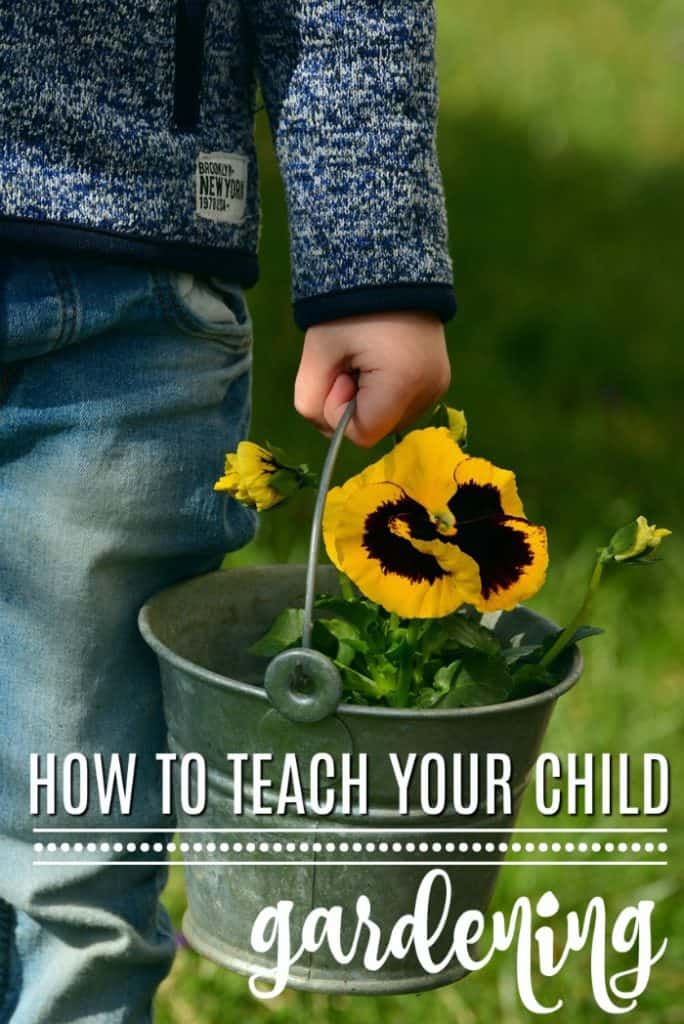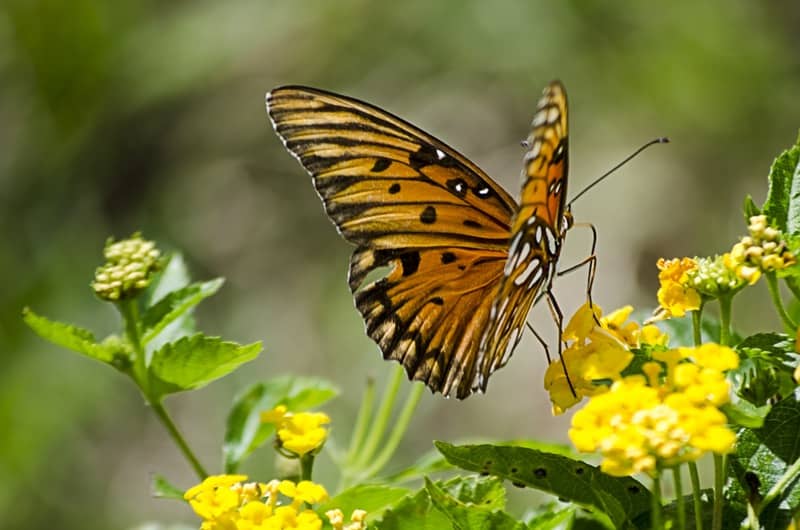Last Updated on October 10, 2022 by Ellen Christian
I have been gardening for years but I don’t really understand science in the garden. I plant the way my father planted and the way I’ve read on homesteading and survival sites. When it came time to explain how gardens work to the kids, I realized I needed to do a bit of research.
Posts may be sponsored. This post contains affiliate links, which means I will make a commission at no extra cost to you should you click through and make a purchase. As an Amazon Associate I earn from qualifying purchases.
Science In The Garden
I don’t necessarily understand why certain vegetables do better in certain soil or with other types of plants. When I encounter a problem in the garden, I’m not always sure why it’s happening or what to do to resolve it. Understanding science in the garden will help you take a look at different variables to determine what’s causing your problem so you can take steps to fix it. It will also help you explain gardening to your children so they can enjoy it too.
Sunlight
The sun’s path can impact how much light your garden receives at what time of day. To explain this variable to your child, have them put together a simple sundial kit. Then track the motion of the sun throughout the day.
Learn more about flowers that like full sun.
Soil Composition
The soil has varying levels of things like nitrogen and carbon. This will impact what grows best in your soil. Explaining this to your child doesn’t have to be difficult. A simple chemistry kit is a great place to start.
Pollination
Without the right garden visitors, your plants will not be pollinated and will not produce vegetables. Pollination can be the result of insects, butterflies, birds or even bats visiting your yard. Consider helping your child build a butterfly feeder to attract native butterflies.
Experimentation
Different plants grow best near or away from other plants. Understanding how location impacts each plant will help you get the most from your garden. Give your child a corner of your garden or let them grow a windowsill garden kit to watch plants grow. Try a few garden science experiments. See if you can get anyone interested in starting a school science garden.
Learn More
Understanding these basics and more will ensure that your garden produces the best yield possible. The more you know, the more you can teach your child. Gardening for Geeks includes information on these subjects and more. You will learn about DIY tests, gadgets, and techniques that use microbiology, mathematics, and ecology to maximize the yield of your garden.
You will also learn about topics like water catchment, vertical gardening, and bio-intensive methods that will help you in the garden. This book is truly a geek’s dream come true and is loaded with all sorts of charts and graphs to help you troubleshoot and understand exactly what’s going on in your garden.
Gardening for Geeks is written in easy to understand language that will be useful for both the beginner and advanced gardener. There are loads of photographs, drawings, and charts to help you see exactly what the author is covering in each chapter. Information is helpful for those with limited space as well as those planning a larger garden.
There is even a section that includes specific information for many vegetables and a handful of recipes that you can try once your garden is producing. If you pick up one gardening book this season, this needs to be it.
Do you have any other suggestions to teach your child about gardening?

Ellen is a busy mom of a 24-year-old son and 29-year-old daughter. She owns six blogs and is addicted to social media. She believes that it doesn’t have to be difficult to lead a healthy life. She shares simple healthy living tips to show busy women how to lead fulfilling lives. If you’d like to work together, email info@confessionsofanover-workedmom.com to chat.



This looks like it would be really useful! It’s hard to know how to get the most from your plants if you don’t fully understand the foundation behind what goes on in the garden. I’ll have to check it out!
I’ve added this page to my StumbleUpon. 🙂
Thanks so much, Scarlet. I agree. There is a lot to understand about your garden to get the best results.
we always try to plant things that attract bees and other pollinators. Without them, there would be no harvest!
Very true!
Cannot WAIT till spring has finally sprung around here!
We’re on the home-stretch for April!
I’m really looking for more spring like weather here too!
I am not the gardener in the family however I do enjoy the benefits of a beautiful, bountiful garden each year! I will pass on the info as this is the time to begin the planning and planting. Thanks, Wendy
There is always so much to do to get ready for gardening!
This sounds like a good book. My daughter loves to garden and I love the idea of teaching her the science behind it. I personally have never been much of a green thumb, but I do LOVE fresh garden veggies and beautiful flowers!
There’s a lot of great information in the book & even some projects you can do!
I love gardening when I make the time for it. The plants that live in my garden know they have to be strong and hardy to withstand my absence!
The science of anything except the mind, body and spirit is far too precise for me, that includes baking…never have enjoyed that…but give me a personality, a brain, or an emotion to nurture, well, I’m in there wholeheartedly!
Thanks for the post!
LOL I enjoy gardening but I’m not the best at weeding. My plants need to learn to fight for space 🙂